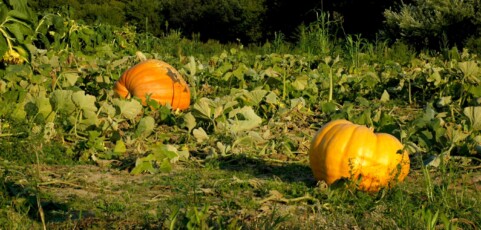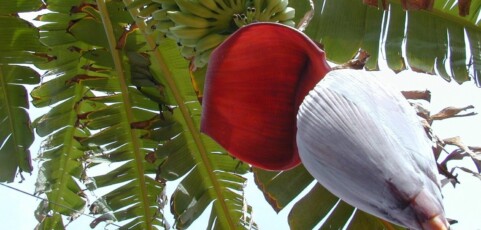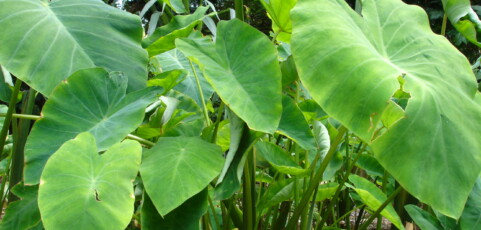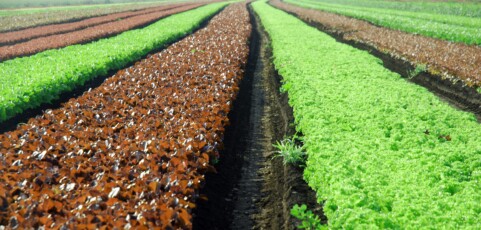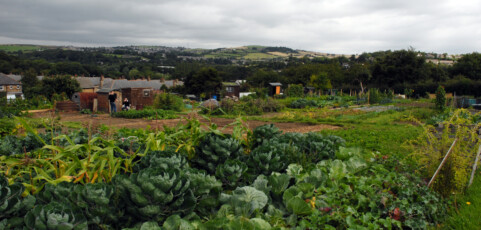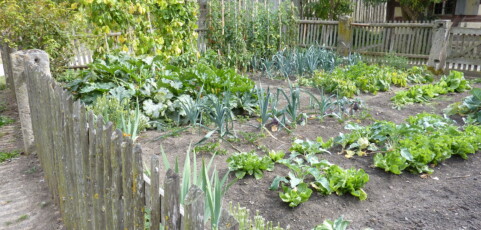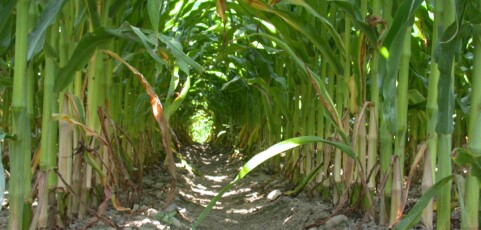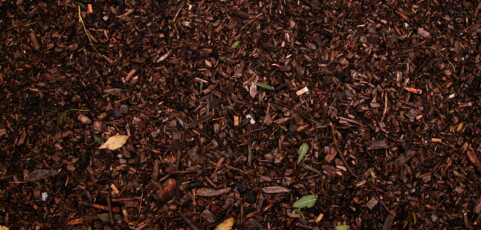Milpa in Yucatan is an intercropping system of corn, beans, lima beans and squash that is managed through slash and burn with fallow periods and the use of mulch.
Corn-Bean-Squash Intercrop in Mexico
Read MoreTropical agroforestry homegardens in Nicaragua
Tropical agroforestry homegardens “huertos caseros” are traditional agricultural systems characterized by the complexity of their structure and their multiple functions. In this study, socioeconomic importance and some key ecological characteristics related to sustainability were studied in 20 Nicaraguan homegardens.
Weed Mulch and No-Till Taro Cultivation in American Samoa
Using pulled or cut weeds as a mulch and a planting stick to grow Colocasia esculenta reduces soil erosion.
Rice Hull Biorecycling in Rocha, Uruguay
Rice hulls can be used in compost and vermicompost to obtain a high quality organic fertilizer in a short time.
Education and Production on a School Farm: Can Both Be Sustainable?
On Beech Hill Farm, College of the Atlantic integrates educational and organic production goals through the interdisciplinary degree of Human Ecology.
Ecologically-Based Pest Management at UC Berkeley’s Albany Gill Tract field
Read MoreSmall-scale farming with enormous rewards: Biointensive Agroecology on a Community Farm in California, USA
Subsistence farming and agroecological research go hand-in-hand in this partnership between a cooperative community and a local non-profit environmental organization. Farming practices are principally “biointensive,” which fosters healthy soils, conserves space, and requires low input, while maximizing yields and increasing sustainability and overall health of this small-scale food production system.
Integrated Cropping Systems Trials (WICST) in Wisconsin, USA
Agroecoystems in southern Wisconsin are dominated by monoculture or simple rotations of corn and soybeans. This study researches the agronomic, economic, and ecological aspects of conventional high input systems and low-input rotations.
Thermophilic Composting of Human Manure in Pennsylvania, USA.
Thermophilic (hot) composting of human manure renders it hygienic and safe to use as a valuable fertilizer for food gardens.


